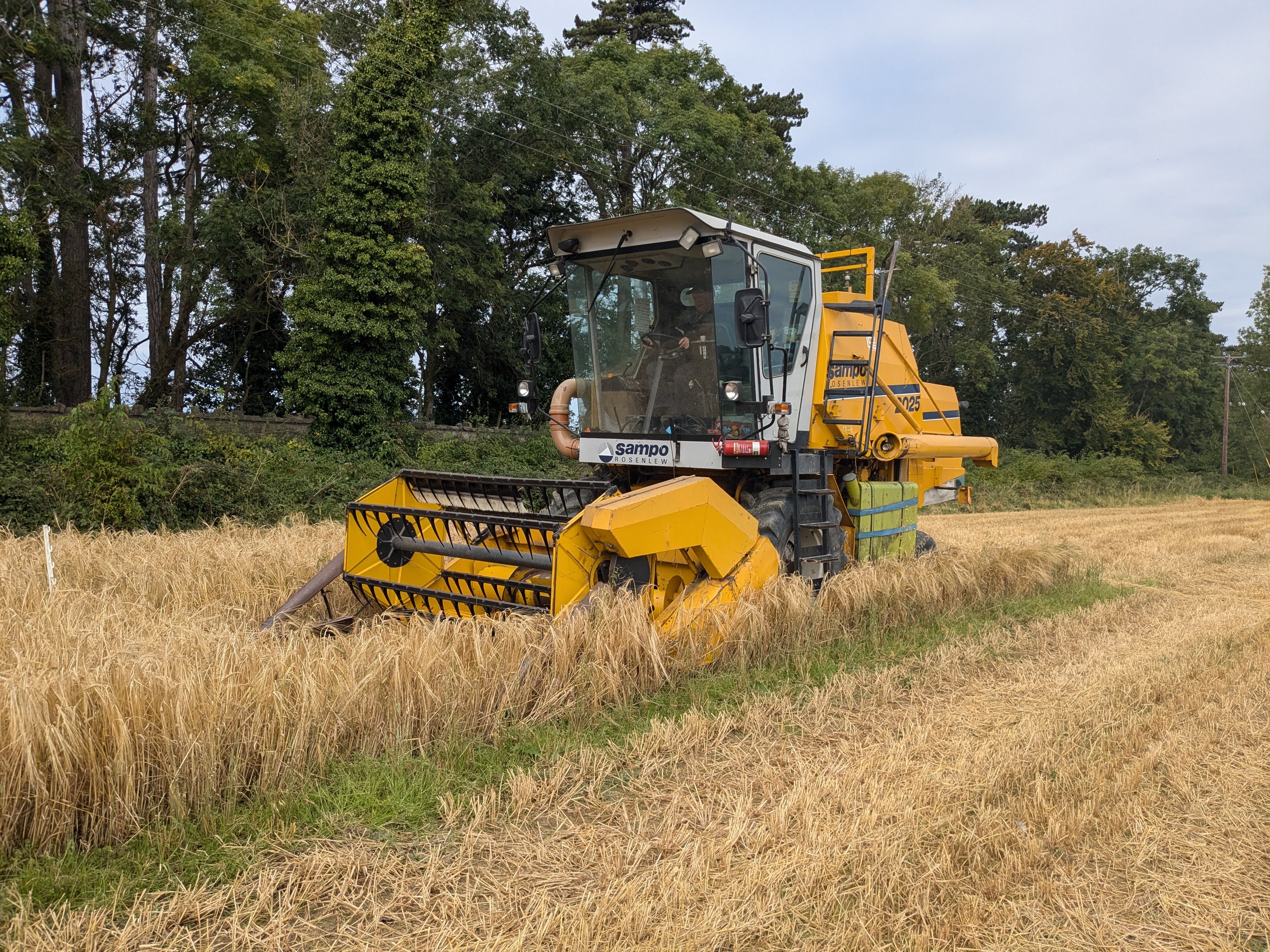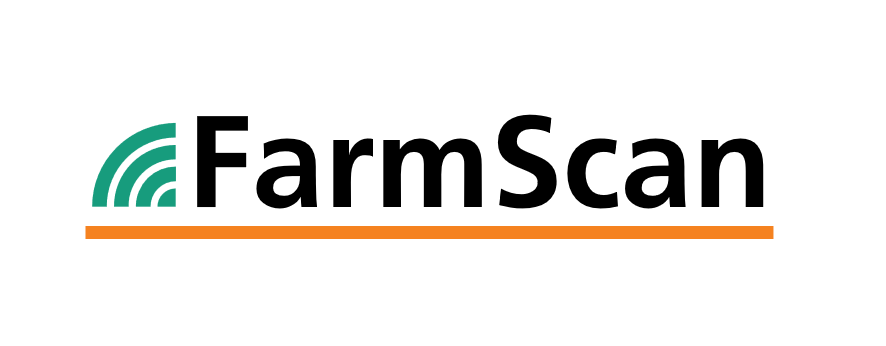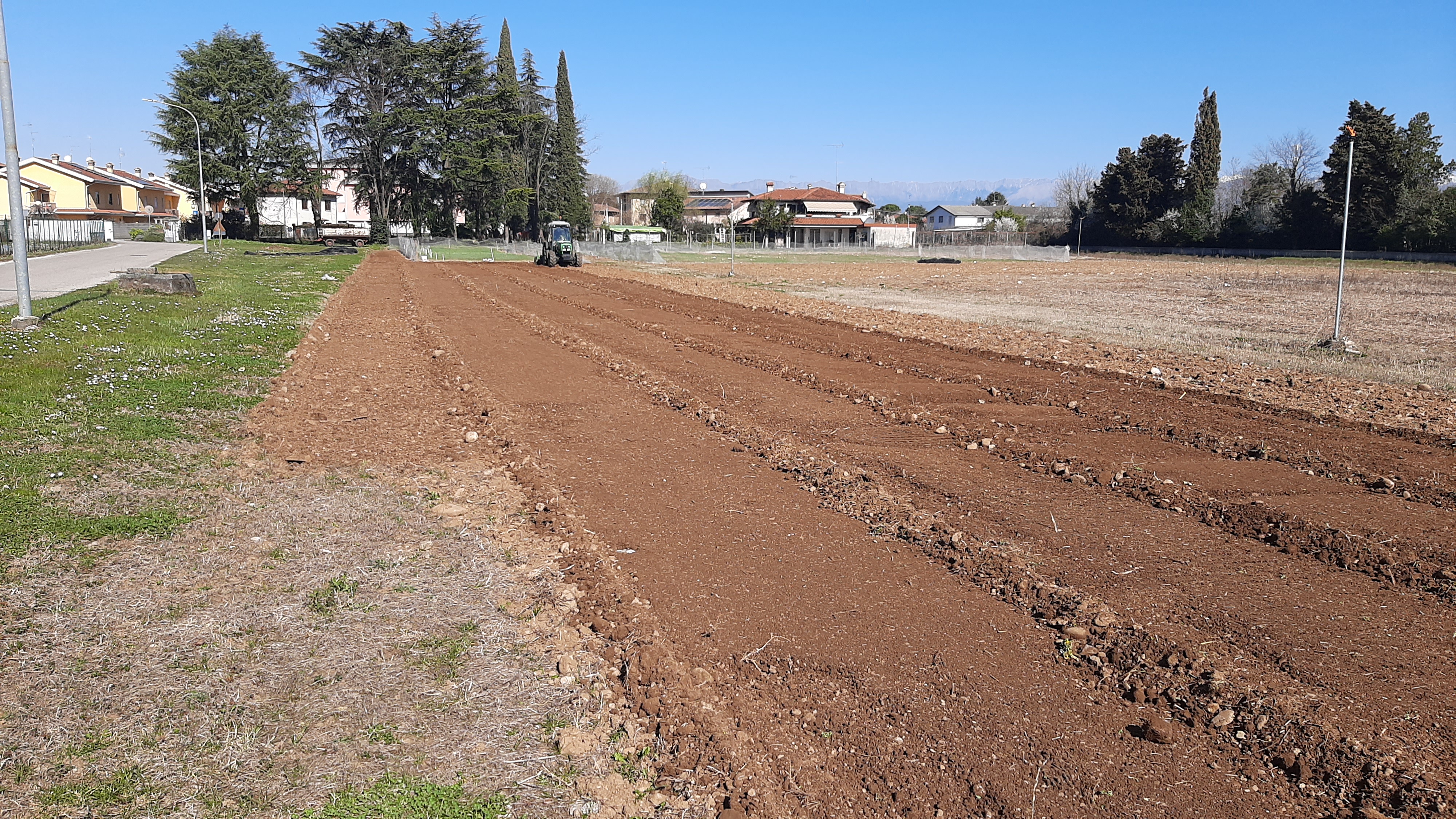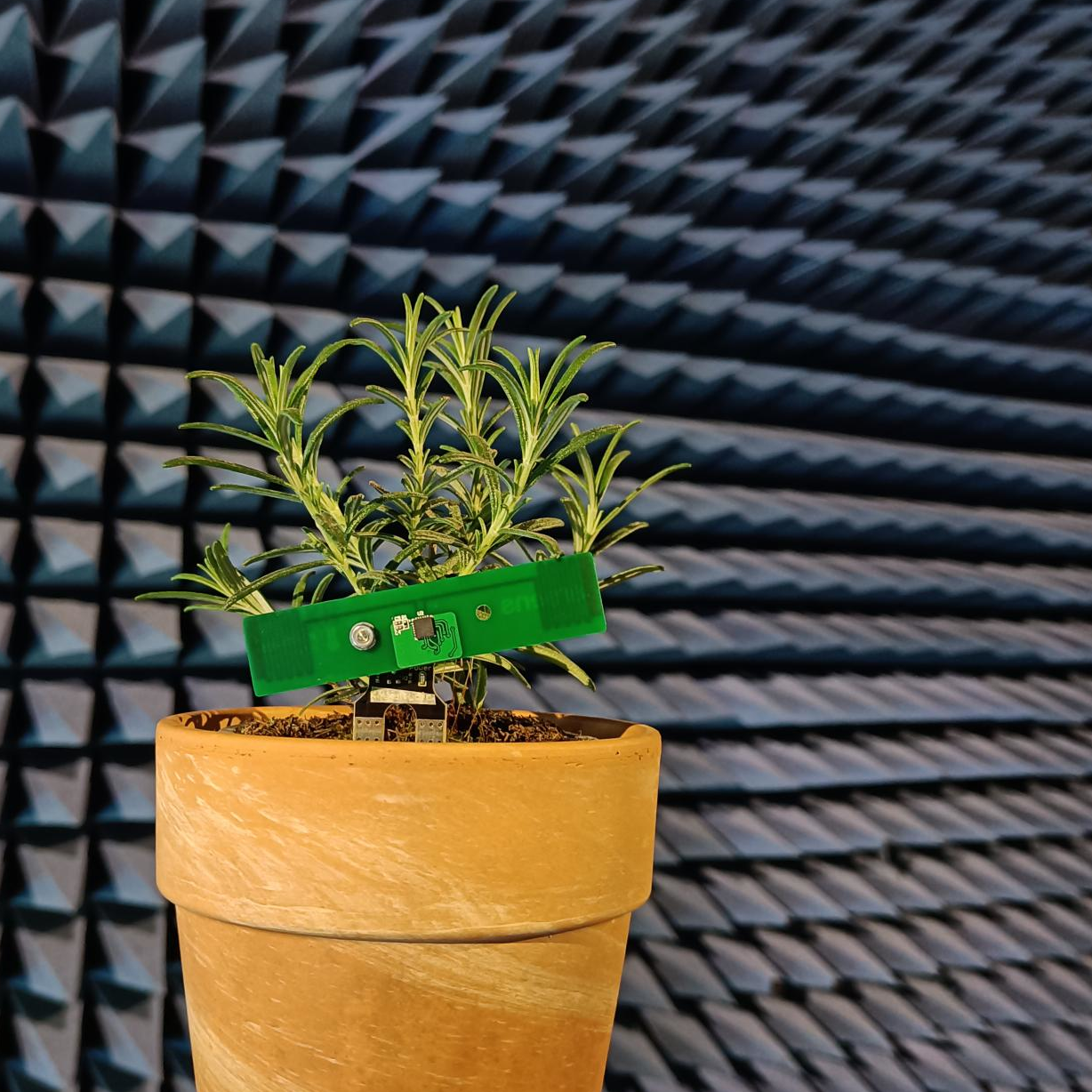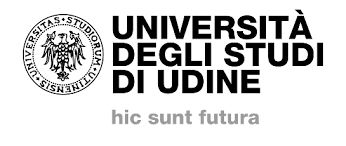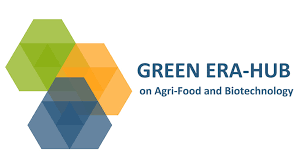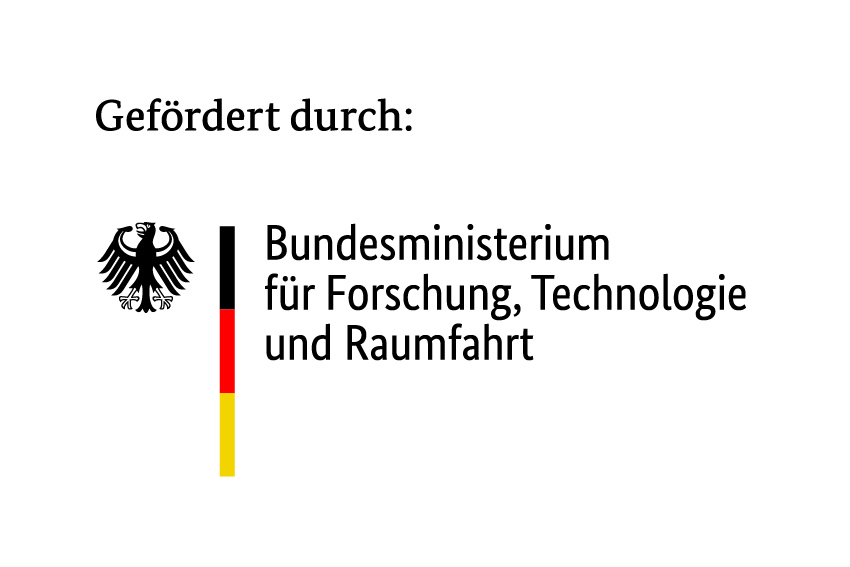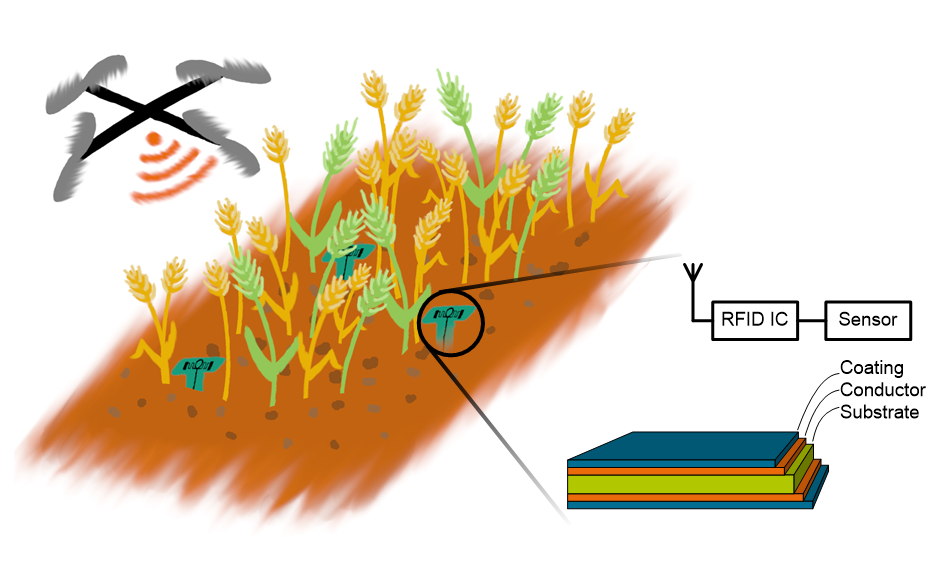
FarmScan aims to make precision agriculture more sustainable and environmentally friendly – by means of new sensors and intelligent data analysis. Coordinated by the Fraunhofer IMS, innovative soil sensor nodes will be developed in this publicly funded project. These nodes will continuously monitor soil conditions, but eventually decompose into harmless materials. As a result, it will be possible to deploy soil sensors in greater numbers, providing farmers with data of unprecedented spatial detail.
